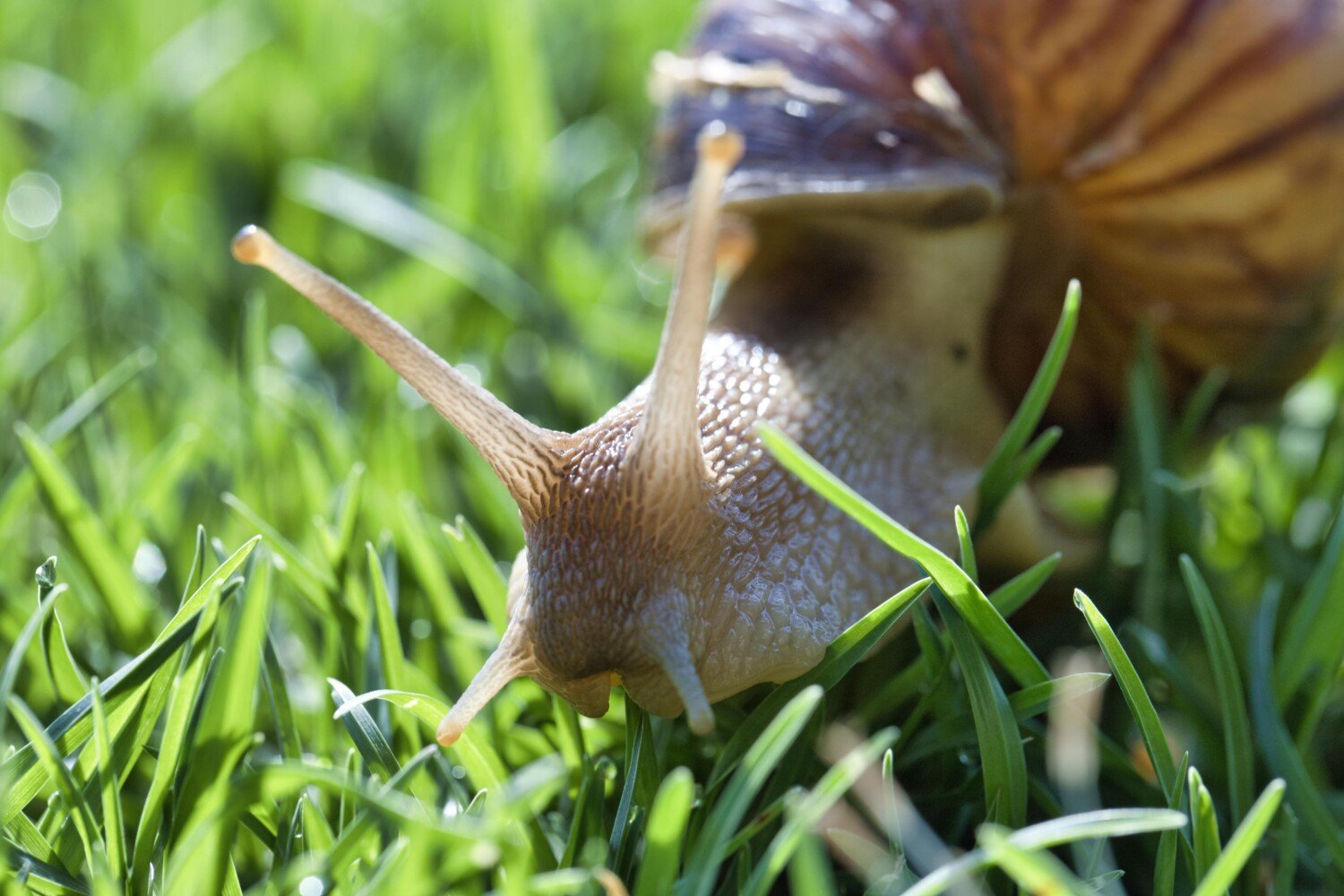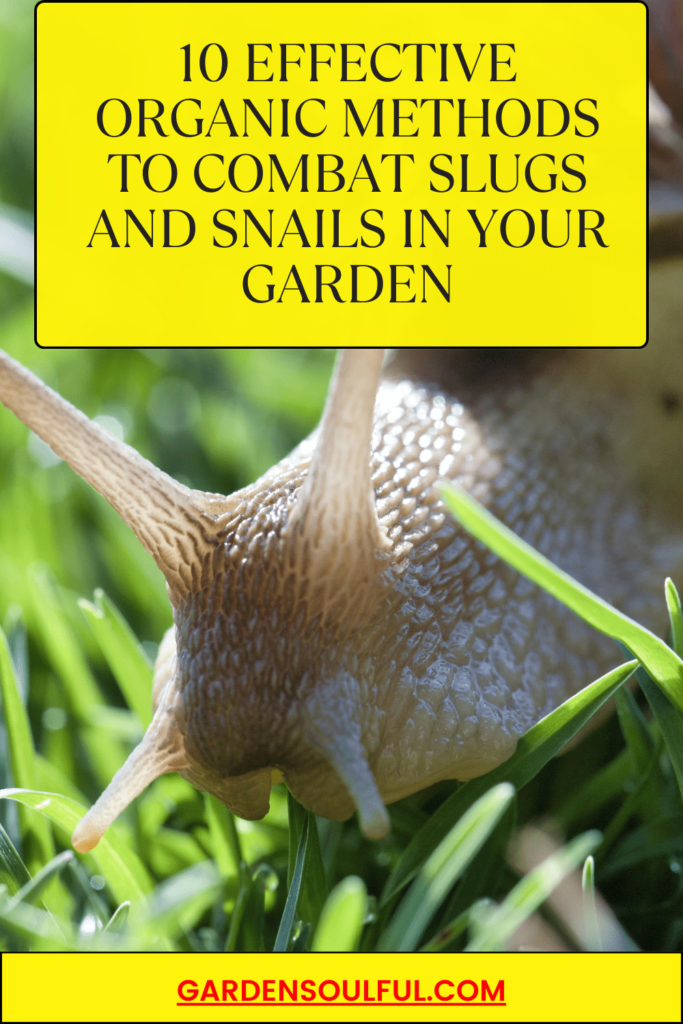
Slugs and snails can wreak havoc on your garden, munching on tender seedlings and leaving behind a trail of destruction. While chemical pesticides may effectively control these pests, they can harm beneficial insects and disrupt the ecosystem. Fortunately, there are several organic methods you can employ to manage slug and snail populations without resorting to harmful chemicals. In this article, we’ll explore ten of the best organic ways to control slugs and snails and protect your garden from their voracious appetites.
- Beer Traps: Beer traps are a popular and effective method for luring and trapping slugs and snails. Bury shallow containers or jars in the soil near vulnerable plants and fill them with beer. The slugs and snails will be attracted to the scent of the beer, crawl into the traps, and drown. Empty and refill the traps regularly to maintain their effectiveness.
- Copper Barriers: Copper barriers create a barrier that slugs and snails are reluctant to cross due to a reaction with their mucus. Place strips of copper tape or wire around the base of pots, raised beds, or garden borders to prevent slugs and snails from reaching your plants. Keep the copper barrier clean and free of debris to ensure its effectiveness.
- Diatomaceous Earth: Diatomaceous earth is a natural powder made from fossilized algae that can effectively control slugs and snails. Sprinkle a thin layer of diatomaceous earth around the base of plants or directly on the soil surface. The sharp particles in the diatomaceous earth will pierce the soft bodies of slugs and snails, causing them to dehydrate and die.
- Handpicking: Handpicking slugs and snails is a labor-intensive but effective method for reducing their numbers in your garden. Check plants and garden beds regularly, especially during damp weather or at night when slugs and snails are most active. Remove any pests you find by hand and dispose of them away from your garden.
- Eggshell Barrier: Crushed eggshells can create a physical barrier that deters slugs and snails from reaching your plants. Spread crushed eggshells around the base of plants or create a protective ring around vulnerable seedlings. The sharp edges of the eggshells will discourage slugs and snails from crawling over them.
- Coffee Grounds: Coffee grounds contain compounds that repel slugs and snails, making them an effective organic deterrent. Spread used coffee grounds around the base of plants or create a perimeter barrier to keep slugs and snails at bay. Reapply the coffee grounds regularly, especially after rain or watering.
- Natural Predators: Encourage natural predators such as frogs, toads, birds, and ground beetles to inhabit your garden. These predators feed on slugs and snails, helping to keep their populations in check. Provide habitat features such as ponds, rock piles, and bird feeders to attract and support beneficial wildlife.
- Iron Phosphate Baits: Iron phosphate baits are a safe and effective organic control method for slugs and snails. Scatter iron phosphate pellets or granules around the perimeter of your garden or near vulnerable plants. The slugs and snails will consume the bait and stop feeding, eventually dying away from your plants.
- Companion Planting: Certain plants have natural repellent properties that can help deter slugs and snails from your garden. Planting aromatic herbs like rosemary, thyme, and sage, or pungent plants like garlic and onions, can help repel slugs and snails. Intercropping with these repellent plants or planting them as a border around your garden can help protect vulnerable plants.
- Organic Slug and Snail Sprays: Homemade sprays made from natural ingredients can help repel slugs and snails from your plants. Mixtures containing ingredients such as garlic, hot peppers, or neem oil can be sprayed directly on plants to deter feeding. Reapply the spray after rain or watering for continued effectiveness.
Conclusion: By employing these organic methods, you can effectively control slugs and snails in your garden while minimizing harm to beneficial insects and the environment. Incorporate a combination of these strategies into your pest management routine to create a garden that is both beautiful and pest-free. With a little effort and persistence, you can enjoy a thriving garden without the hassle of slugs and snails.

0 Comments